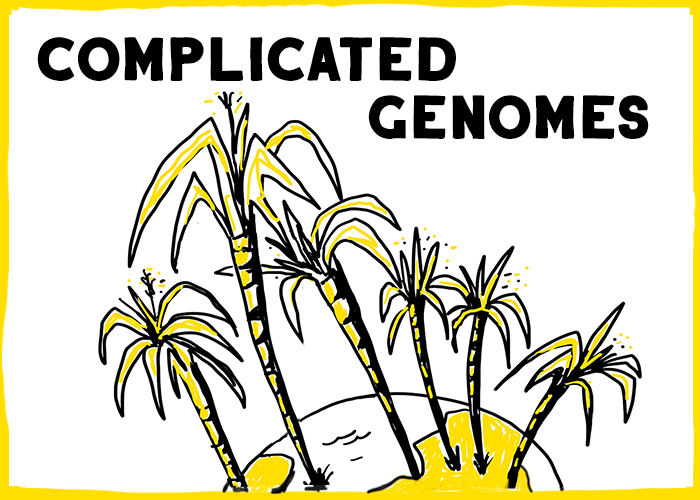It was a single sentence—10 simple words followed by a question mark—that graduated Dr. Mark Davis from classroom paradigms of convention to mature science.
“What more do we want to know about this?” Davis asked himself, after first cloning T cell receptor genes in William Paul’s lab at the National Institutes of Health, then isolating T cell receptors and studying their biochemistry in his Stanford lab. From there, Davis embarked on a journey discovery that has been marked by targeted questions, educated hypotheses, and exhilarating discoveries about the human immune system.
Today, Davis hangs his hat as a scientist and investigator, developing and defining measures of immunological health at one of the largest privately funded organizations for biological and medical research in the U.S., the Howard Hughes Medical Institute. The tools of bioinformatics and computational science will be among the key topics Davis will focus on as a headlining speaker the HudsonAlpha-Science ImmunoGenomics 2014 Conference in September.
A professor in the department of microbiology and immunology at Stanford University School of Medicine, Davis is director of the Stanford University Institute for Immunity, Transplantation and Infection. Under Davis’ direction, the institute is seeking promising new ways to detect, prevent and treat immune-mediated and infectious diseases, and prevent organ rejection.
Davis is particularly interested in how T cell and B cell lymphocytes recognize specific antigens, the structural and biochemical underpinnings of T cell receptor binding and signal transduction, and the dynamics of molecular movement at the T cell/antigen-presenting cell interface. The use of human immunological data as a presumptive benchmark and the old-school reliance on asking the right question at the right time are just two of Dr. Davis’ tools in his quest to tap the secrets of human immunology.
Register for ImmunoGenomics 2014 at immunogenomics.com.

